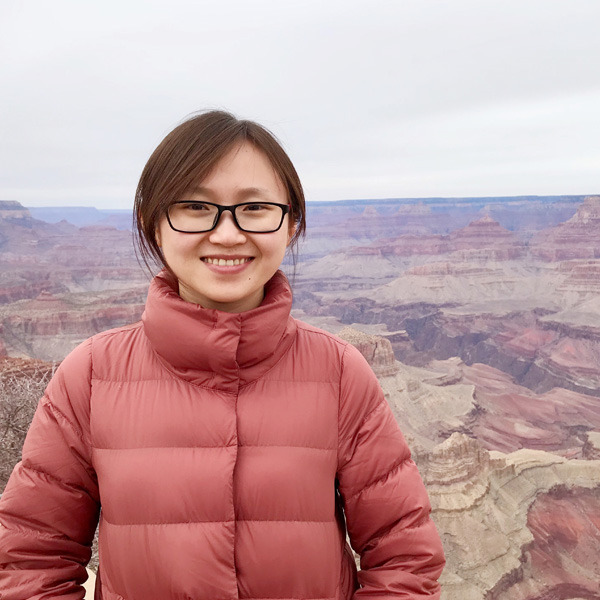
Dr. Feng Long
Former PKU PhD student Feng Long won a prestigious Sagan Fellow, part of the NASA Hubble Fellowship program, to study protoplanetary disks at University of Arizona. Dr. Long graduated from PKU with a bachelor's degree in 2013 and with a PhD in 2019. Since 2019 she has been an an SMA (Submillimeter Array) Postdoctoral Fellow at the Center for Astrophysics | Harvard & Smithsonian.
Feng's research focuses on the formation and evolution of protoplanetary disks—the cradle of young planets. In particular, she uses the powerful radio interferometers to study the physical and chemical properties of protoplanetary disks, and thereby to identify key aspects of the planet-formation process. Her past works have demonstrated the prevalence of gap and ring features in disks, which are the likely imprints of young planets. As a Sagan Fellow at the University of Arizona, Feng will employ observational data from cutting-edge facilities to establish the impact of these disk features on planet formation and to study the associated young planet population. She aims at better understanding the earliest phase of planet formation, and to shed light on the origin of the observed diversity in exoplanet properties.
The Hubble Fellowship program has awarded fellowships to postdoctoral researchers since 1990. Dr. Feng Long is the fourth Hubble Award to a PKU graduate. Past PKU PhD winners were Feige Wang and Siyao Xu, the only two-timme Hubble award winner. Since 1990, only 4 other students with PhD training in east or south Asia have won the award.